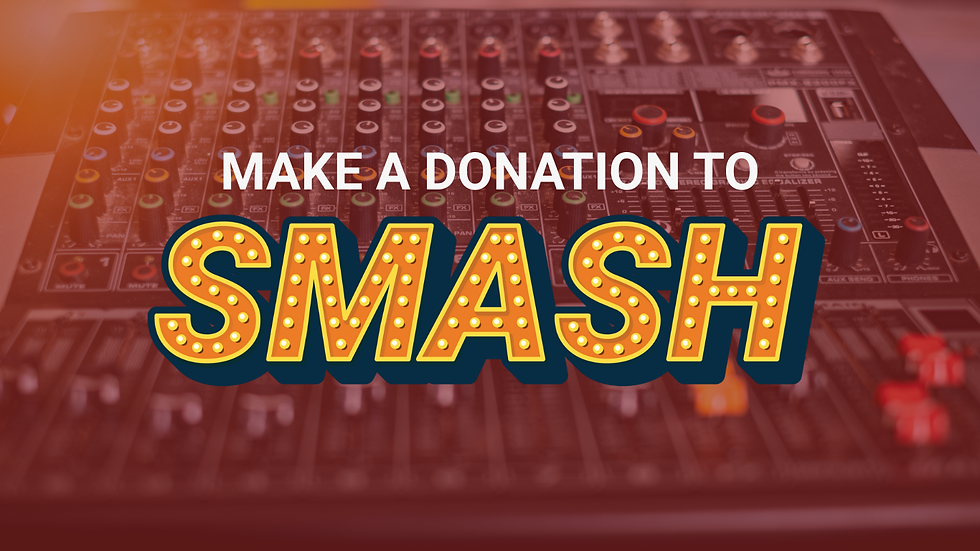Harm Reduction Advice for Fentanyl Overdose Prevention
- SMASH STAFF

- Aug 5, 2022
- 2 min read
Fentanyl is a powerful opioid that can quickly cause overdose. In King County, it’s most common in pills. It’s also found in powder drugs, and on rare occasions has been found in rock and black tar. Fentanyl or other opioids mixed with other drugs, including alcohol, cocaine, meth, or benzos is extremely dangerous.
If you’re going to use, follow these steps to decrease your chances of overdose.
FAKE PILLS LOOK REAL
Counterfeit pills have become quite sophisticated. Even if it looks real, it could be fake. The only way to know 100% is if it’s prescribed to you.
TEST IT
Test your supply with a fentanyl test strip, but even if it tests negative, take precautions. Fentanyl is unevenly distributed throughout a pill, so it’s possible to test part of a pill that doesn’t have fentanyl, when another part of the same pill does. There may also be other drugs in the substance that could cause overdose. Fentanyl test strips only test for fentanyl.
AVOID USING ALONE
If you overdose alone, no one is there to help. If you do use alone, try a service like neverusealone.com that can send help if you stop responding to a chat or phone call. Alternatively, have someone check on you often or use in a place where someone is more likely to find you, but know that these options are much riskier.
START SLOW
Don’t take a full dose all at once. Start with a small amount and wait a while to see how you feel. If you decide to use more, increase slowly.
RECOGNIZE OVERDOSE
Know what an overdose looks like. The biggest signs of opioid overdose are abnormal breathing (slow, shallow, or no breathing, or gurgling/snoring noises), and unresponsiveness (not waking up). Given them naloxone and call 911 immediately! The Good Samaritan Law protects you and the overdose victim from drug possession charges.
HAVE NALOXONE (NARCAN)
If it’s given in time, naloxone can reverse an opioid overdose. Tell others you have it, where it is, and when to use it. You can’t hurt someone by giving them naloxone, even if they aren’t actually overdosing, so don’t hesitate to give it if it might be an overdose. Find naloxone near you at stopoverdose.org.



